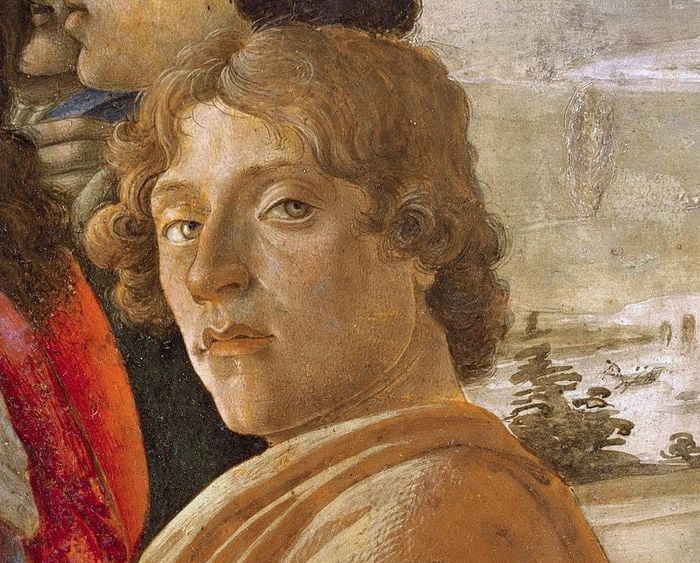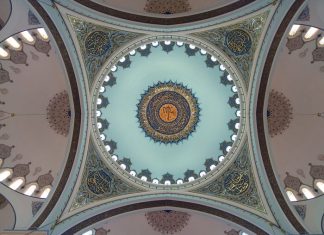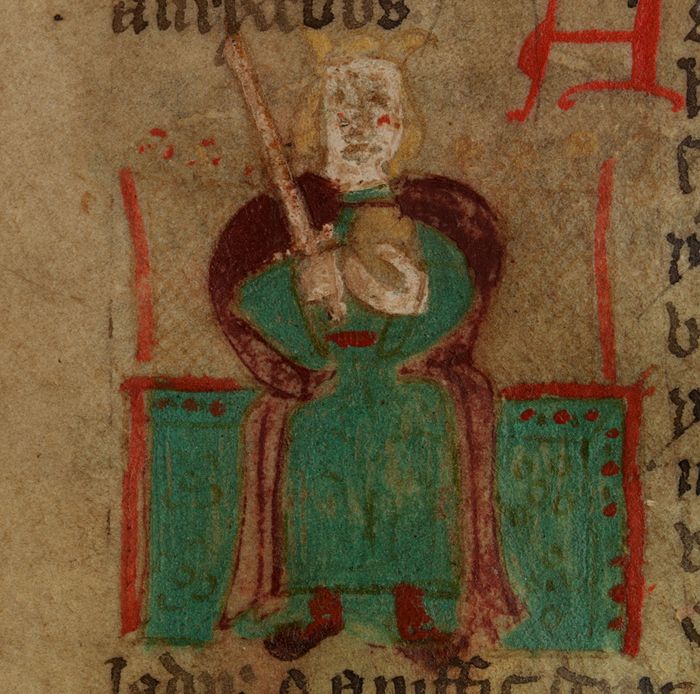“Roderigo, it is Matteo that is come. So do as we agreed upon, and get out.” Roderigo replied: “It is all well; but you have not asked enough to make you a rich man. So when I depart I will take possession of the daughter of Charles, king of Naples, and I will not leave her till you come. You may then demand whatever you please for your re-ward; and mind that you never trouble me again.” And when he had said this, he went out of the lady, to the no small delight and amazement of the whole city of Florence.
It was not long again- before the accident that had happened to the daughter of the king of Naples began to be buzzed about the country, and all the monkish remedies having been found to fail, the king, hearing of Matteo, sent for him from Florence. On arriving at Naples, Matteo, after a few ceremonies, performed the cure. Before leaving the princess, however, Roderigo said: “You see, Matteo, I have kept my promise and made a rich man of you, and I owe you nothing now. So, henceforward you will take care to keep out of my way, lest as I have hitherto done you some good, just the contrary should happen to you in future.”
Majesty `s great authority
Upon this Matteo thought it best to return to Florence, after receiving fifty thousand ducats from his majesty, in order to enjoy his riches in peace, and never once imagined that Roderigo would come in his way again. But in this he was deceived; for he soon heard that a daughter of Louis, king of France, was possessed by an evil spirit, which disturbed our friend Matteo not a little, thinking of his majesty `s great authority and of what Roderigo had said. Hearing of Matteo `s great skill, and finding no other remedy, the king despatched a messenger for him, whom Matteo contrived to send back with a variety of excuses. But this did not long avail him; the king applied to the Florentine council, and our hero was compelled to attend.
Arriving with no very pleasant sensations at Paris, he was introduced into the royal presence, when he assured his majesty that though it was true he had acquired some fame in the course of his demoniac practice, he could by no means always boast of success, and that some devils were of such a desperate character as not to pay the least attention to threats, enchantments, or even the exorcisms of religion itself. He would, nevertheless, do his majesty `s pleasure, entreating at the same time to be held excused if it should happen to prove an obstinate case.
Read More about Apologia of St John Damascene Against those who Decry Holy Images Part 71








